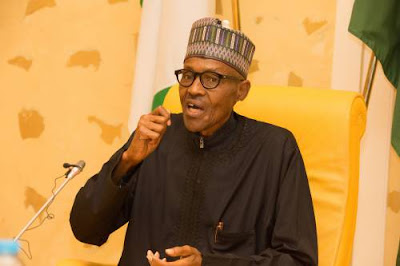By Ikechukwu Amaechi
Is Nigeria making progress? Is there any reason to be optimistic about the future? These are the questions that continue to concentrate my mind as the country and its leadership continue to fumble. Ordinarily, I am a very optimistic person with a positive outlook on life. I would rather look at a half of a glass of water and see it as half-full than half-empty. But wishing Nigeria the best or being hopeful that things will get better does not necessarily translate to reality. The vehicle that transports hope to the destination of reality is positive action.
*TinubuEsther Boyd, the Editorial Director for State of Formation, an offshoot of the Journal of Interreligious Studies, JIRS, in a 2016 article, “Hope is an Action,” wrote: “Hope as an action means pushing boundaries, dismantling barriers, and taking steps – however small they may be – one by one, towards the better that we’re hoping for. To hope for something means to strive towards it, to build it if it doesn’t already exist, and to keep moving forward.” But hope, as Friedrich Nietzsche, the German philosopher and cultural critic, once noted could be “the worst of all evils, for it prolongs the torments of man”.











